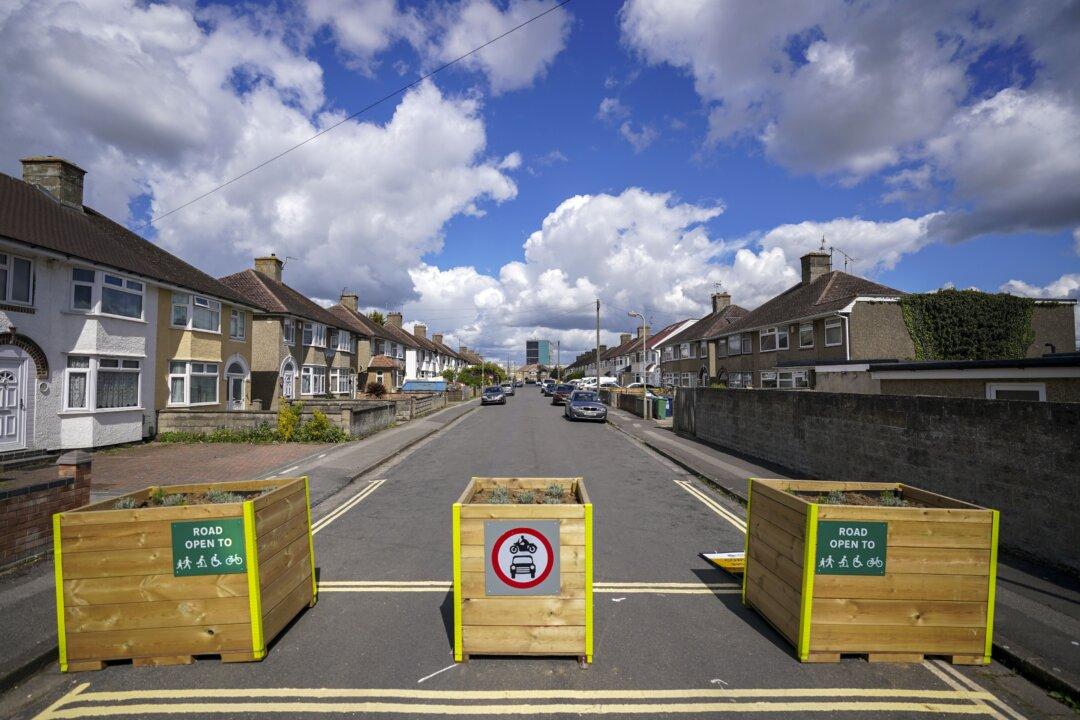Three Low Traffic Neighbourhoods (LTN) in East Oxford have been made permanent on Tuesday after an 18-month trial.
It came after three other Oxford LTNs were made permanent in July last year.

Three Low Traffic Neighbourhoods (LTN) in East Oxford have been made permanent on Tuesday after an 18-month trial.
It came after three other Oxford LTNs were made permanent in July last year.